China penalises American institutions for receiving the leader of Taiwan during a stopover
April 7, 2023Tweet
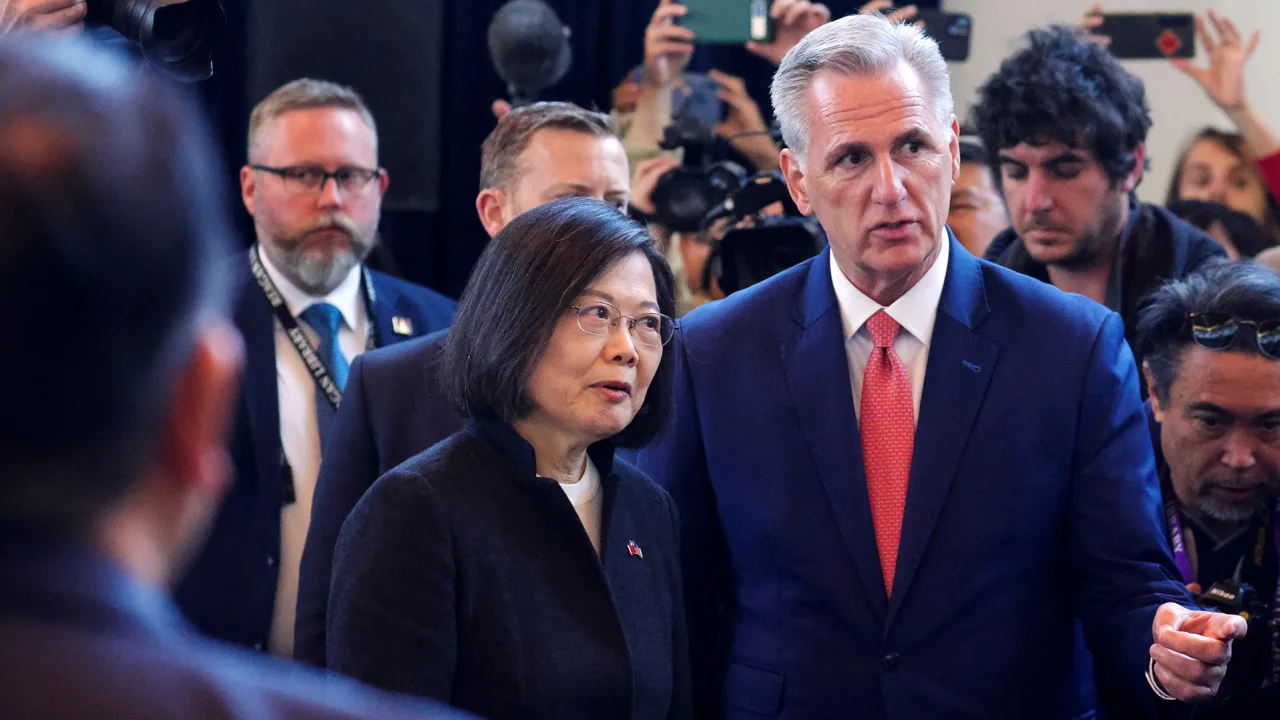
China has slapped sanctions on two American organizations that hosted Taiwan’s President Tsai Ing-wen during her recent travel in the United States. The Washington-based think tank Hudson Institute and the Ronald Reagan Presidential Library in California would be banned from any cooperation, exchange or transaction with institutions and individuals in China. Key leaders of the organizations would also be barred from visiting China, unable to transact or cooperate with organizations or individuals there, and have any assets in the country frozen. China’s Communist Party claims the self-governing democracy of Taiwan as its own despite never having controlled it, and has vowed to take the island, by force if necessary. Two Taiwanese organizations, The Prospect Foundation and Council of Asian Liberals and Democrats, were also hit with sanctions on Friday.
Hsiao Bi-khim, Taiwan representative to the US, was also hit with sanctions on Friday. Hsiao was previously sanctioned by China last August, following a visit from then-US House Speaker Nancy Pelosi to the island. Taiwan's foreign ministry responded to China's decision to impose new sanctions over Tsai's meeting with McCarthy as "irrational and absurd". Beijing's response has been muted so far compared to its actions following Pelosi's visit. Taiwan's Defense Ministry said it had tracked a Chinese aircraft carrier group, led by the carrier Shandong, passing through waters southeast of Taiwan for training in the Western Pacific.
China's retaliation against the US organizations comes at a tense time between the two powers, which have struggled to stabilize their relationship. US Republican congressman Michael McCaul said that speeding up the delivery of weapons to the island was "critically important" in building deterrence against China. The US maintains an unofficial relationship with Taiwan and Tsai's transit in the country was not an official visit in order to keep Washington aligned with its longstanding "One China" policy.
American United-states China Taiwan
Comments
Related news
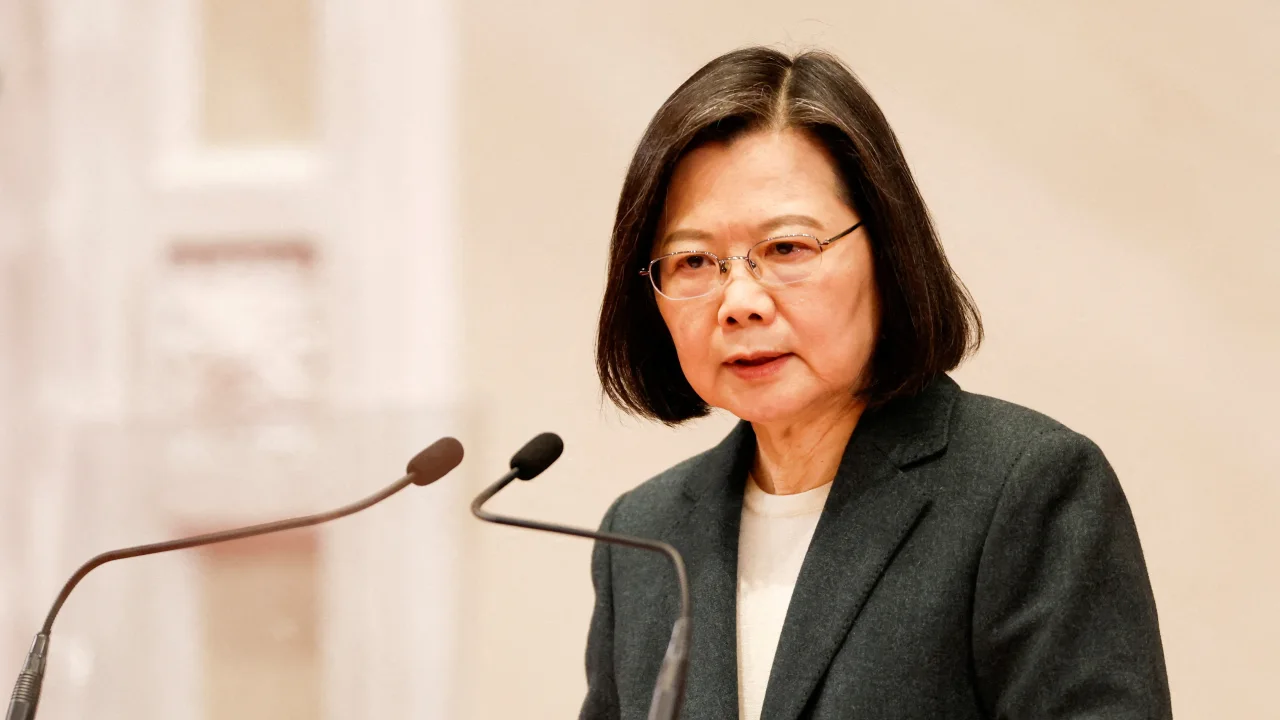
Taiwan's President will go via the US on his way to Central America, but McCarthy has not yet been scheduled for a meeting.
Read more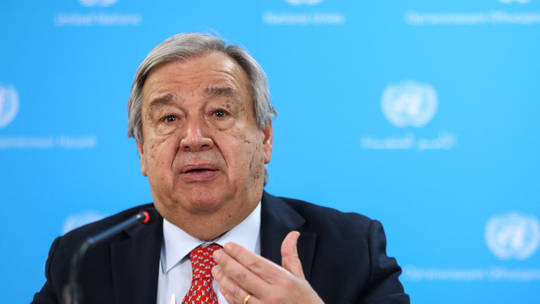
UN is dubious about China's role in resolving the Ukraine crisis
Read more
Asian leader: Putin warrant may ignite nuclear conflict
Read more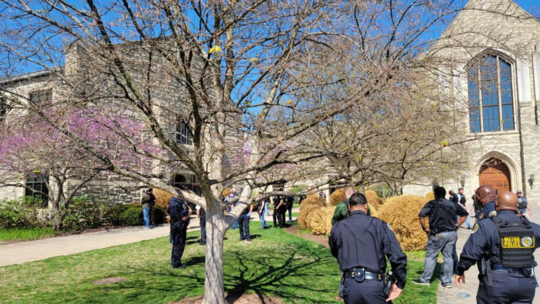
Latest American school shooting leaves six dead
Read more
According to Pentagon leaks, China is arming Russia. - WaPo
Read more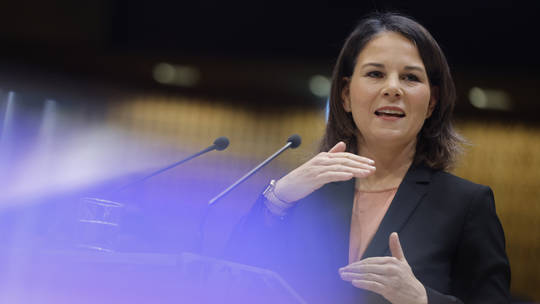
German Foreign Minister visits China to oppose Macron - PoliticoTech executive who was killed knew his assailant, say cops
Read more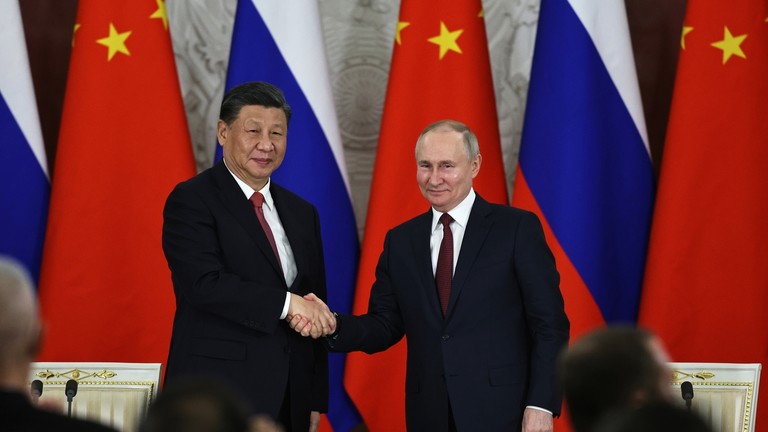
CNN: According to France, only China can bring a peace agreement for Ukraine
Read more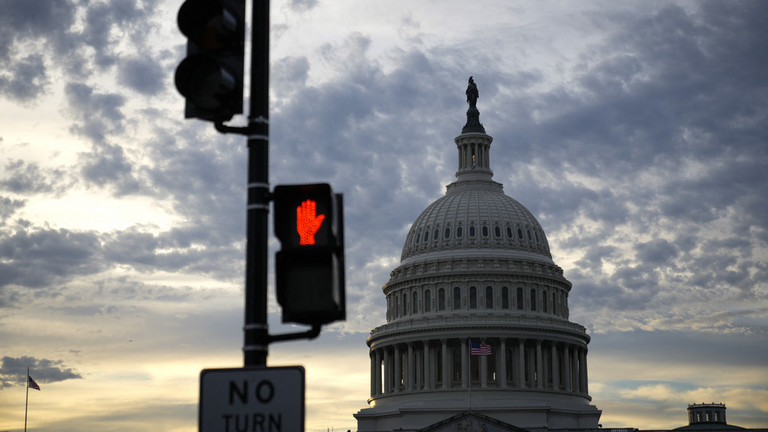
US politicians intend to "infuriate" China—Nikkei
Read more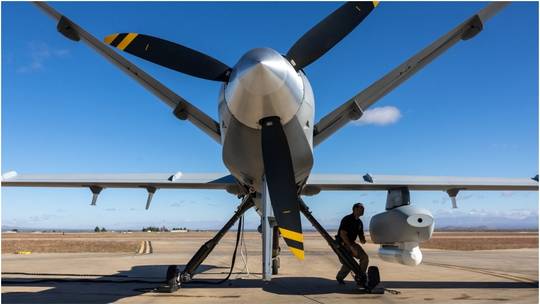
American pilots are instructed to remain clear of Crimea - WaPo
Read more